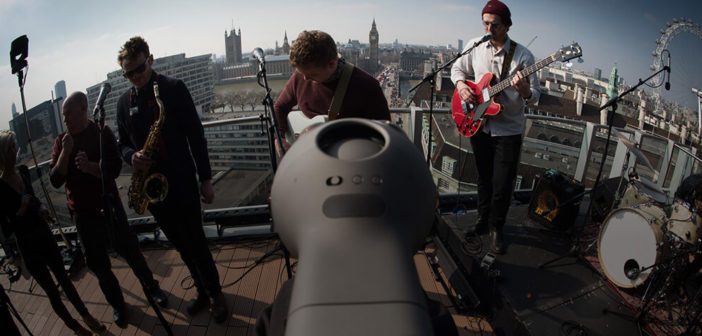Focuses on patent, brand and technology licensing and targets faster growth in digital health instead
Nokia is to cut its investments in virtual reality (VR), with further development of the OZO VR camera halted. Almost a third of employees in the Nokia Technologies division are also set to suffer as a result of the decision to stop pushing VR.
In digital media, the slower-than-expected development of the VR market means that Nokia Technologies plans to reduce investments and focus more on technology licensing opportunities. The unit aims to halt development of further versions of the OZO VR camera and hardware, while maintaining commitments to existing customers.
The potential reductions are expected to affect up to 310 of the roughly 1,090 employees in Nokia Technologies, mainly in Finland, the US and the UK. To start the process, Nokia today has invited employee representatives of Nokia Technologies in Finland to cooperation negotiations.
“Nokia Technologies is at a point where, with the right focus and investments, we can meaningfully grow our footprint in the digital health market, and we must seize that opportunity,” said Gregory Lee, president of Nokia Technologies. “While necessary, the changes will also affect our employees, and as a responsible company we are committed to providing the needed support to those affected.”
Meanwhile, Nokia has announced plans to sharpen the focus of Nokia Technologies on digital health, and accelerate growth in that market, while cutting Nokia Technologies will also focus on growing brand and technology licensing while leaving its successful patent licensing business untouched.
The shift deepens Nokia’s commitment to fully utilise its digital health portfolio acquired through the purchase of Withings in 2016. Through a more focused, more agile digital health business, Nokia said it aims to have larger impact with consumers and the medical community.





